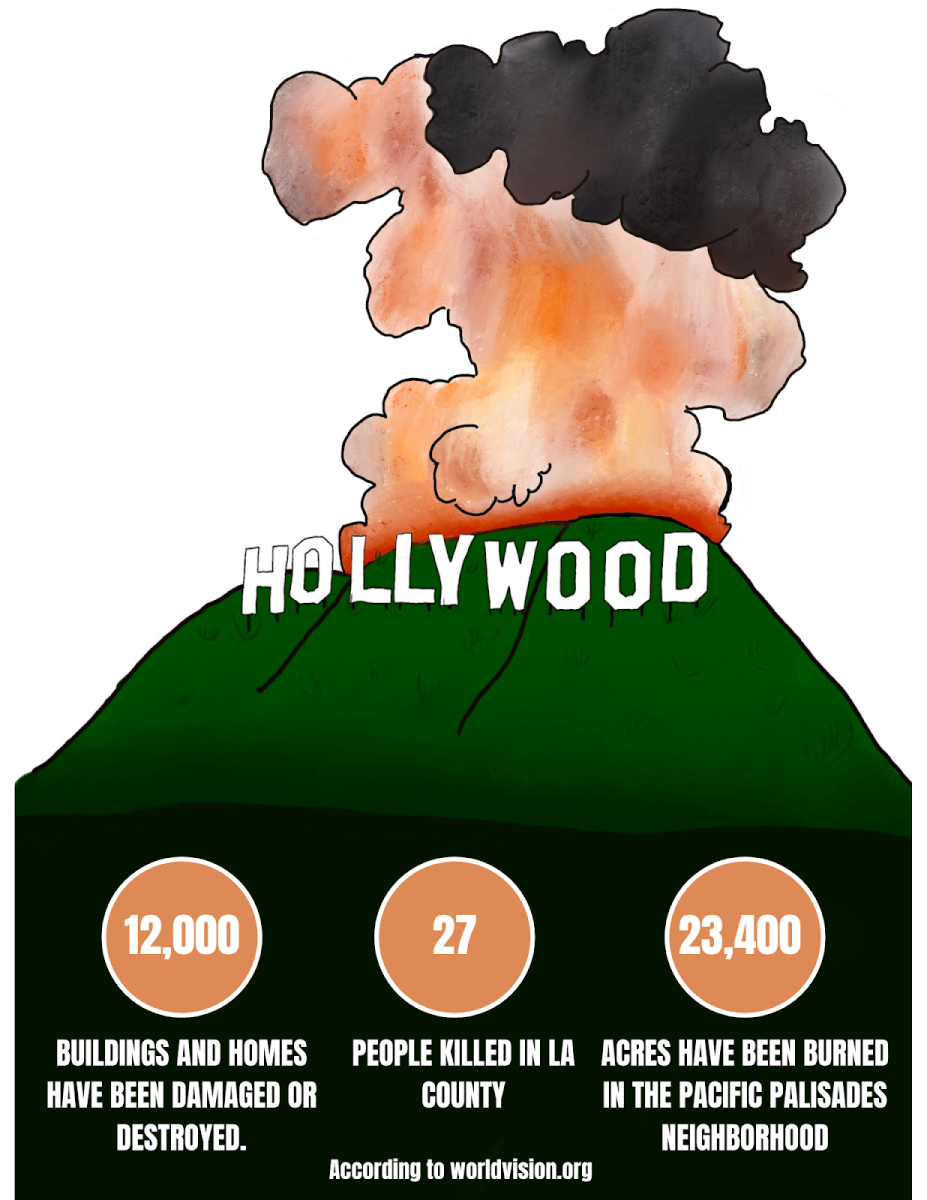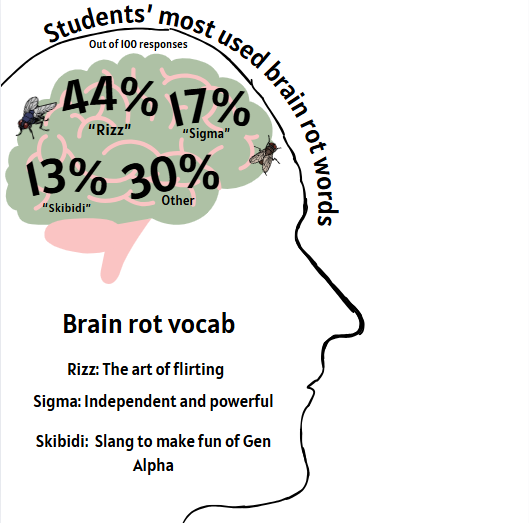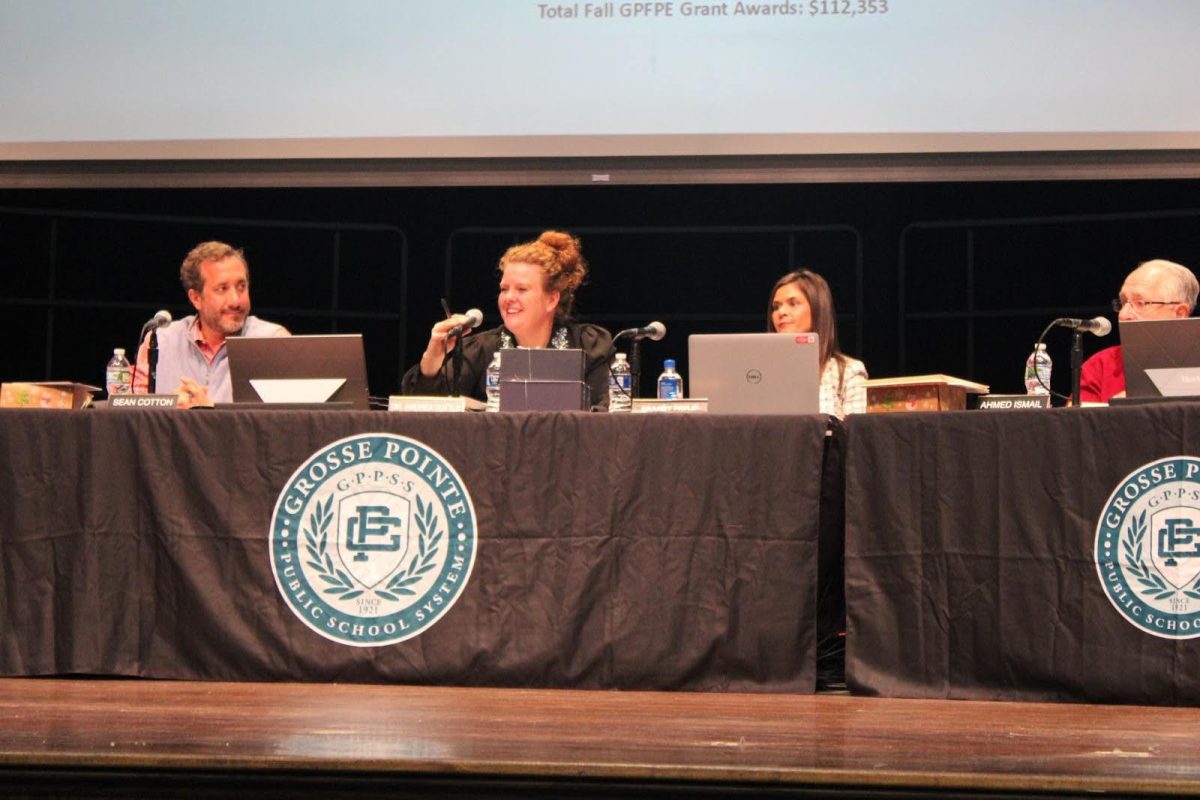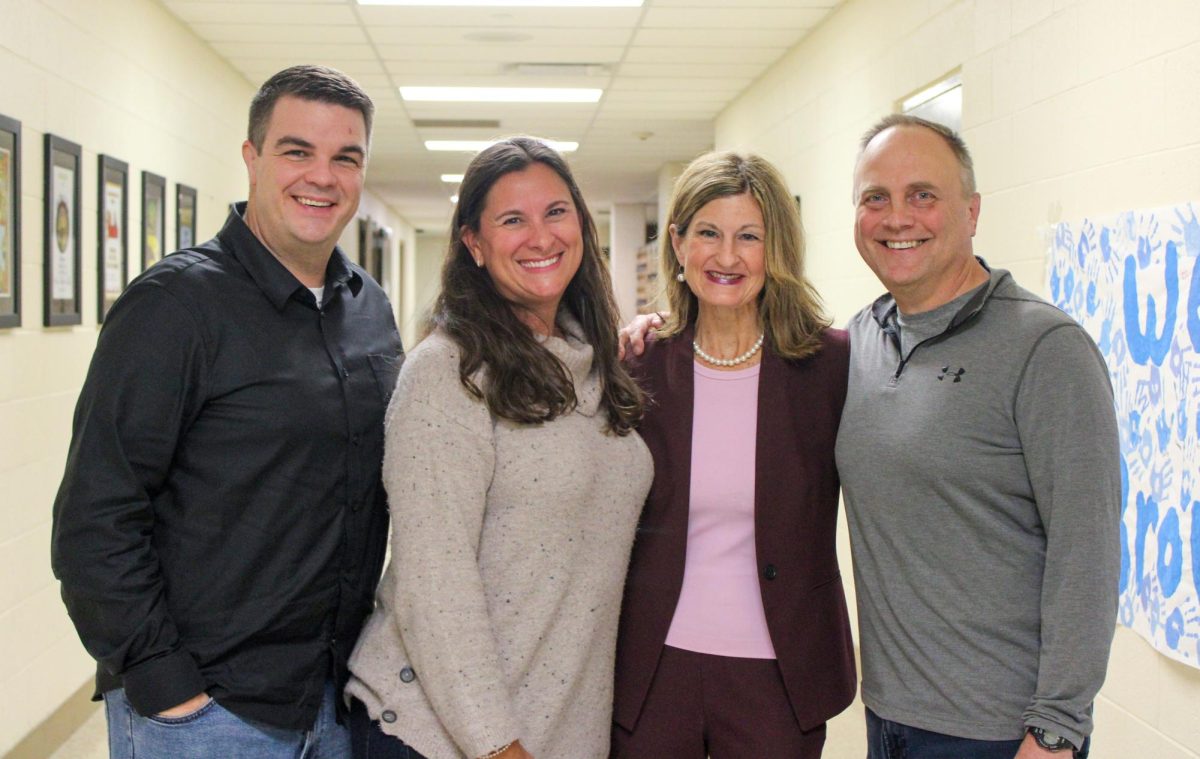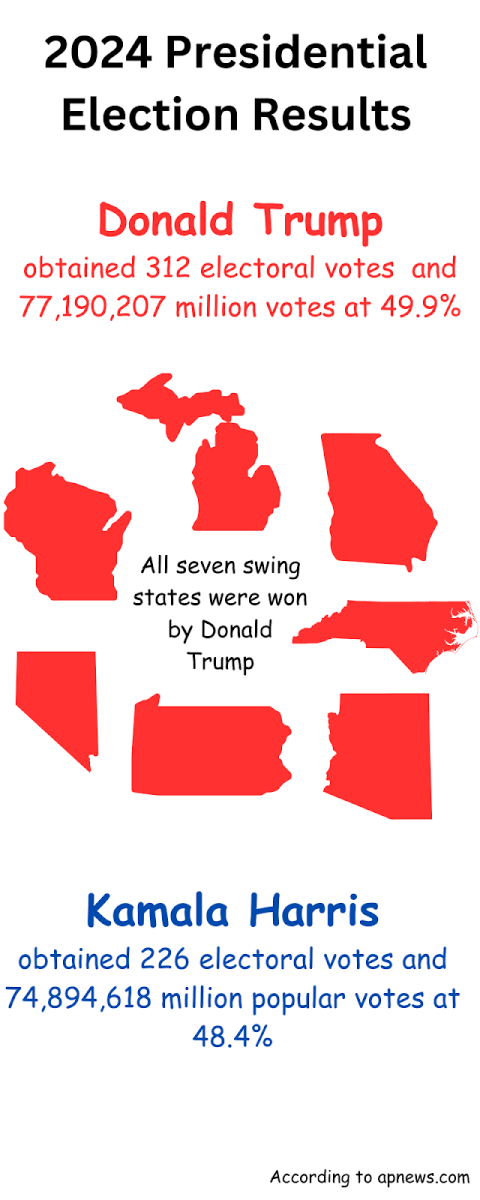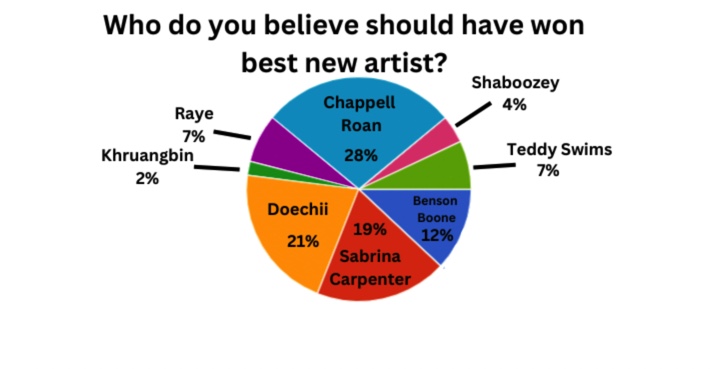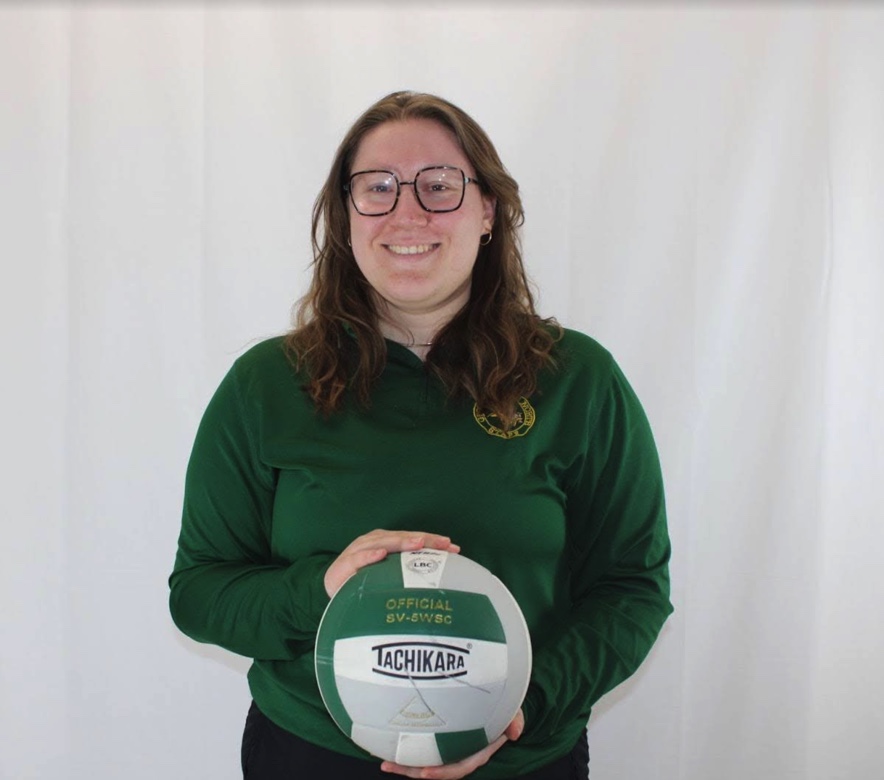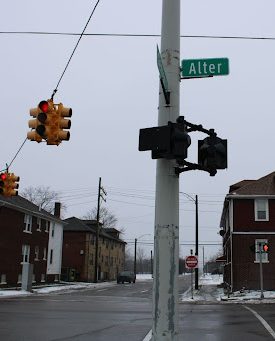
As someone who grew up in Detroit, student-teacher Donald Hightower remembers the city as his home and his place of comfort. By the time Hightower was 4 years old, he relocated to Grosse Pointe and started observing growing disparities, including the contrasting socio-economic status between the two cities. Upon moving to Grosse Pointe, Hightower became aware of the stigma attached to Detroit, renowned as a city marked by economic decline, high crime rates and racial tensions–factors that hadn’t been apparent to him when Detroit was his hometown.
Lingering since the late 1960s, this stigma around the lack of safety is being challenged with recent data from the Wayne County Sheriff’s Office and the Detroit mayor’s office confirming Detroit’s 2023 homicide rate as the lowest since 1966. While Hightower acknowledges that the new statistic could provide a sense of security in the Downtown and Midtown neighborhoods, he notes these sentiments do not always translate into the other neighborhoods in the Detroit area.
“It doesn’t matter what city you go to, every city has their dicey neighborhoods or their dangerous neighborhoods and every city has their affluent and very wealthy and or very safe neighborhoods,” Hightower said. “A lot of people realize that Detroit is like every other city. Detroit just has an extensive past of facing very difficult oppression from some of the government actions that took place, especially the 60s. It’s something that is still looked at. It doesn’t escape us and that happened 60 years ago.”
Despite Detroit’s dangerous reputation, former resident Mathew Hallam points out that the city’s stigma primarily originates from those living outside the city itself.
“I would say there is a stigma in Detroit of it being a bad place but I feel as if it comes from people outside of Detroit,” Hallam said. “Yes, there are some places where it isn’t the best, but there are those types of places anywhere if you look hard enough.”
Also growing up in Detroit, founding executive director of FORCE Detroit Alia Harvey-Quinn aims to implement and advocate for community violence intervention programs with her organization. Through her experiences as a lifelong Detroiter and child of civil rights leaders, Harvey-Quinn believes that the city of Detroit will become safer as a result of the recent data.
“It benefits everybody when Detroit is safer and freer,” Harvey-Quinn said. “I’m excited about all of the positive choices that people are making and how hard they’re pushing this work. I’m excited that our city is listening to long-term safety advocates who have always fought for these types of interventions and are now making major traction.”
As someone who travels to Detroit to explore the different restaurants and sites the city has to offer, junior Jhilmil Chhaya also hopes for long-term safety and prosperity in Detroit. Despite acknowledging the enduring stigma associated with Detroit, Chhaya remains optimistic, attributing the decreasing homicide rates as a step toward ongoing improvement in safety.
“I believe that [the] stigma surrounding Detroit still stands today due to the history of the city,” Chhaya said. “Crimes, race riots and segregation have given Detroit a bad reputation that seems to stick around. With homicide rates at an all-time low, it might begin to recognize Detroit as a changed and safer area than it used to be.”
Expressing a similar desire for improved safety, Harvey-Quinn highlights the multitude of economic and social challenges encountered by residents of the city. While the homicide rate is in decline, Harvey-Quinn views a correlation between locations of the city’s financial hardships and the neighborhood crime rates.
“At the end of the day, if you look at a map where there is gun violence at high rates, and then you transpose that map with a map that looks at food deserts, you’ll find out that it’s the same map for divestment of all sorts—educational opportunities and high-quality health opportunities,” Harvey-Quinn said. “It paints a vivid picture of the impact of divestment in our community.”
Combating the disadvantages Harvey-Quinn references, Hightower encourages active engagement with the community to promote destigmatizing the local city. Through his own experiences growing up in the city, Hightower values broadening one’s perspective on their local community by holding conversations with Detroit residents and understanding their circumstances.
“I was socially involved with people my age, in Detroit, through different programs in Detroit for students and kids our age in general,” Hightower said. “So even some of the influenced prejudice that you may have could be changed by actually meeting them, being a part of something that they are also a part of and actually seeing them. That’s probably the best way to be involved socially with your fellow Detroiters, they are only a few blocks away.”




